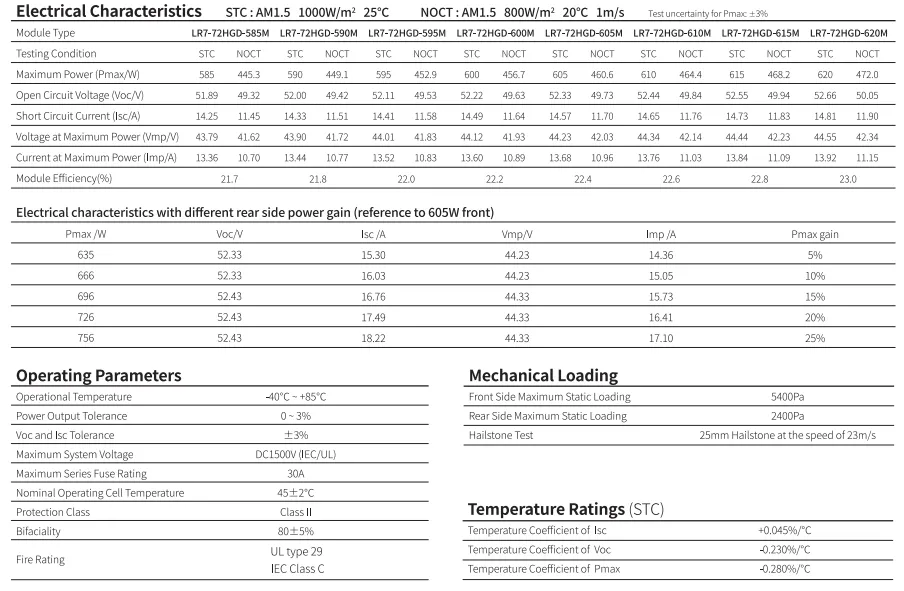Current Trends and Pricing Insights for 2KB Solar Panels in the Renewable Energy Market
Understanding the Price of 2kW Solar Panels
As the world seeks sustainable energy solutions, solar power has emerged as a prominent alternative to traditional energy sources. Among various solar panel systems available, the 2kW solar panel setup is particularly noteworthy, appealing to homeowners and small businesses alike. This article explores the pricing of 2kW solar panels, factors influencing their costs, and the overall value they offer.
The Basics of 2kW Solar Panels
A 2kW solar panel system typically consists of about 6 to 8 solar panels, depending on the wattage of the individual panels. This setup is ideal for small to medium households that consume moderate amounts of electricity. A well-designed 2kW system can produce between 2,500 to 3,000 kWh of electricity annually, which can cover a significant portion of a household's energy needs.
Current Pricing Overview
As of 2023, the price of a 2kW solar panel system can vary significantly based on several factors. On average, the cost of a 2kW solar panel installation ranges from $3,000 to $5,000 before any incentives or rebates. This price typically includes solar panels, inverters, mounting hardware, and installation costs.
It’s important to consider that prices can differ based on geographic location, the type of panels chosen (monocrystalline, polycrystalline, or thin-film), and the installation company. Furthermore, while upfront costs are crucial, they should be considered alongside the long-term savings on energy bills and the system's lifespan, which is generally around 25 years.
Factors Influencing the Price
1. Type of Solar Panels Monocrystalline panels, known for their efficiency and longevity, usually come at a higher price than their polycrystalline counterparts. If a homeowner prioritizes efficiency and space, opting for monocrystalline panels, even at a higher cost, may lead to better long-term savings.
2kb solar panel price

2. Installation Costs Labor and installation costs can significantly impact the total price of a solar system. Regions with higher labor rates may see elevated installation costs. It’s advisable for homeowners to get multiple quotes from different installation companies to find the best deal.
3. Incentives and Rebates Government incentives at both federal and state levels can substantially reduce the upfront costs of a solar installation. In the U.S., the federal solar tax credit (Investment Tax Credit - ITC) allows homeowners to deduct a significant percentage of the installation costs from their federal taxes, making solar energy more accessible.
4. System Design and Planning The complexity of the installation site can also affect the total cost. Roof angle, shading, and orientation towards the sun are critical factors that determine a system's efficiency and may require additional planning and equipment.
The Value Proposition
While the initial investment for a 2kW solar panel system may seem hefty, it's essential to evaluate the long-term benefits. Solar energy systems typically lead to a decrease in monthly energy bills, and over time, the savings can surpass the initial setup costs. Additionally, with rising electricity prices, a solar system can provide financial stability against fluctuating energy costs.
Moreover, investing in solar energy can increase property value, as many homebuyers are increasingly seeking energy-efficient homes equipped with renewable energy sources. As communities become more environmentally conscious, the demand for homes with solar installations is likely to rise.
Conclusion
The price of a 2kW solar panel system reflects the initial investment required for the long-term benefits of renewable energy. By understanding the factors influencing costs and the potential savings, homeowners can make informed decisions about transitioning to solar energy. As technology advances and more incentives become available, investing in solar panels is not just a step towards sustainability but also a viable economic choice.
-
String Solar Inverter: The High-Efficiency Solution for Smart Solar EnergyNewsJul.14,2025
-
Revolutionizing Rooftop Energy with the Power of the Micro Solar InverterNewsJul.14,2025
-
Power Independence with Smart Off Grid Solar Inverter SolutionsNewsJul.14,2025
-
On Grid Solar Inverter: Powering the Future with Smart Grid IntegrationNewsJul.14,2025
-
Monocrystalline Solar Panels: High-Efficiency Power for the Future of Clean EnergyNewsJul.14,2025
-
Bifacial Solar Panel: A Smarter Investment for Next-Generation Energy SystemsNewsJul.14,2025







